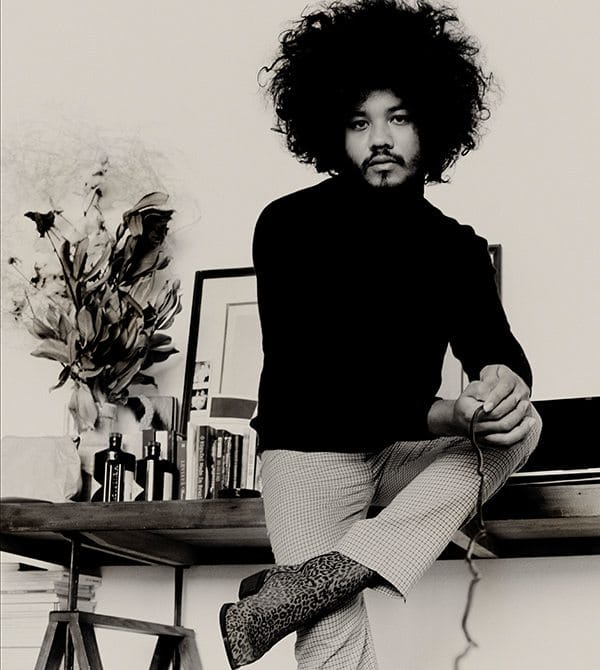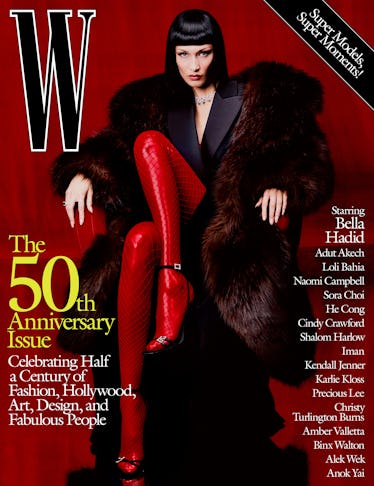
PAVAROTTI, RAFAEL
PHOTOGRAPHER, P
RAFAEL PAVAROTTI’S PLAYFUL BOLD PHOTOGRAPHY, ALWAYS HOLDING A SUBTLE MESSAGE OF HERITAGE AND SOCIAL NEEDS.
Rafael Pavarotti was born in Brazil’s Amazon rainforest in 1993. He is well known and established for his unique characteristic of photography. His style is a bold play on colours but maintains an overall edgy, fierce outlook. Some of his most recent works feature the likes of Bella Hadid for the cover of W Magazine for their 5oth anniversary issue.

His earliest photographs were made in collaboration with his young friends, who pooled their money to purchase film. Pictures were shot along the beaches and around the abandoned buildings of their locale. Initially, he was influenced to model and ventured out to castings. Later he was invited to accompany a friend on her shoot. It was there, he experienced the world behind the camera, did he that he cemented his decision to become a photographer. At 16, Pavarotti left his remote hometown and committed to establishing a professional practice in the urban centres of fashion and media.
RAFAEL PAVAROTTI’S SOCIAL MESSAGES
Pavarotti is passionate about addressing the imbalance of Black representation in fashion and broader historical narratives. Expressing his ambition to help under-represented populations of today find equitable representation in the future, Pavarotti has said,
“Much of what I do today is for the next generations to come, and those who are not yet born.”
Pavarotti often uses his fashion and editorial work as a prism through which to explore or make a comment on social and cultural issues, believing that, the abundance of ways to show and tell through fashion makes it an amazing medium, not only to ask questions but also to offer answers. Previous projects have seen him shoot models wrapped in swathes of shredded plastic in order to highlight how it is suffocating our oceans, ultimately drawing attention to the socio-political issues affecting his home.
“The celebration of Black and indigenous experience specifically will always be a part of my work, because it’s also a part of me. As an Afro-Indigenous Brazilian photographer, my existence and work are already political.”
ALSO READ:

LINDBERGH, PETER

